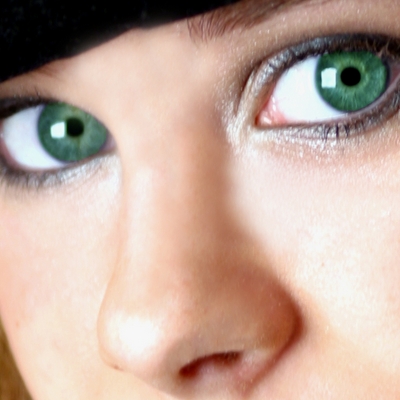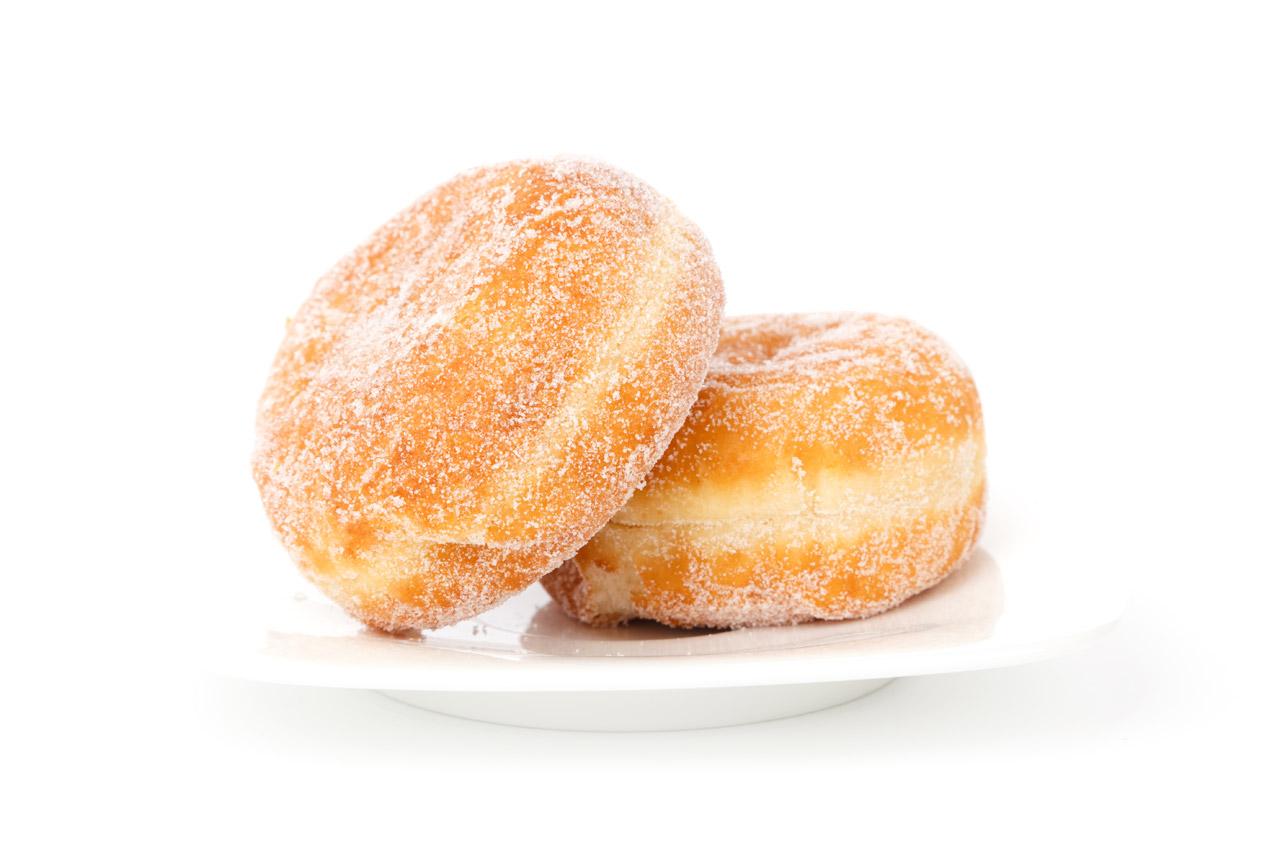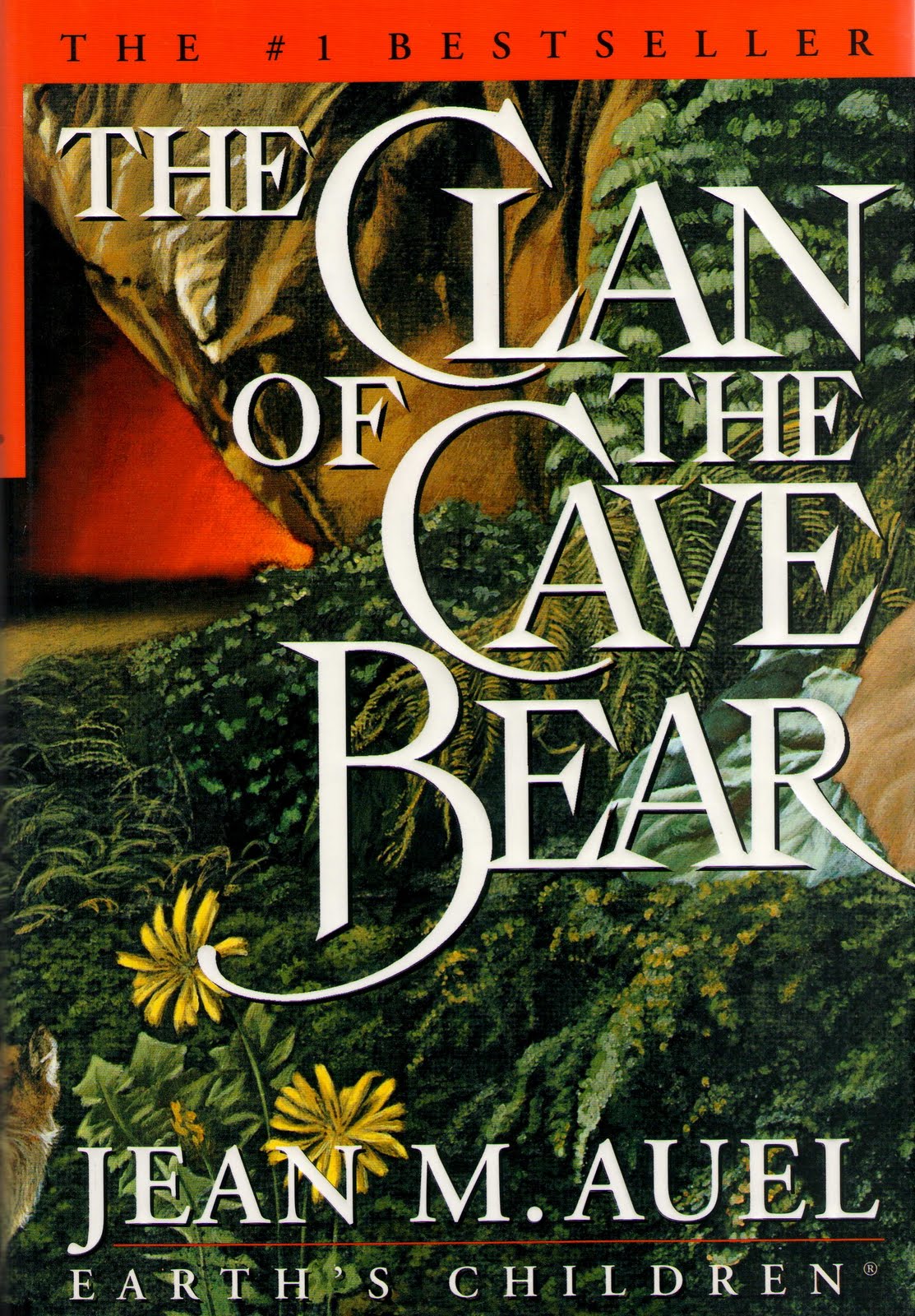 I have a vague memory of starting this as a romance novel, but apparently I turned it into a short story. Sure, I can see lots of things that I could improve, but hey, I wrote it at age 18. What do YOU think? (Bonus Points if you remember the Yugo cars and Like cola that I mention here…)
I have a vague memory of starting this as a romance novel, but apparently I turned it into a short story. Sure, I can see lots of things that I could improve, but hey, I wrote it at age 18. What do YOU think? (Bonus Points if you remember the Yugo cars and Like cola that I mention here…)
————————————————————————————————-
Tennis magazine in hand, he settled back for the long and uncomfortable flight back to the states. Even in first class the seats weren’t large enough for his 6’6″ frame, but to be crammed into coach by his company was pure misery. “All for a bunch of sauerkraut,” he thought, and stared out the window at the concrete below.
“Excuse me…” A voice came through the buzzing of the other passengers. “Excuse me, sir,” it tried again after receiving no answer. The man turned toward a pair of large green eyes. “I think you have my seat.”
He glanced at his boarding pass stub. 22c. The woman was right. “Damn. Not only coach, but the aisle seat, too,” he muttered to himself. He hated the aisle. He always sat by the window. It was there he could escape the mundaneness around him by focusing on the world outside. He rose slowly, hunching over so as not to bump his head, and fixed the woman with an intense stare as he moved over.
“Thanks.”
The man said nothing as she brushed past him. “I hate green eyes,” he thought. “Just like Grandmother’s cat.”
* * * * * * * * *
“He looks like a brooding poet,” the woman mused, imagining a 19th century English aristocrat. “What angry eyes.” She glanced quickly at him and giggled, feeling sorry for him. “A possum, maybe, or a porcupine, all scrunched up in a little ball,” she thought. “Or in his case not so little.” She giggled again.
He frowned and looked away.
She looked out the window and thought about all the little people running around doing their little jobs. She hoped she’d never end up like that- they reminded her of ants scurrying around, intent on their purpose and gaining food, and avoiding everything else. Life was regulated enough, why did these people enforce routines upon themselves? The jet engines hummed as the plane began to back away from Frankfurt am Main International Airport. After one last, lonely look at the beautiful green in the distance, she fastened her seat belt and watched the stewardesses perform their demonstrations.
“Guten Morgen, meine Damen und Herren. Willkommen an Bord bei der Lufthansafluggesellschaft. Wir hoffen daß Ihr den Flug genießt, und werden alles gerne tun, um Sie bequem zu machen.”
“What did they say?”
“Pardon?” The man glanced up from his magazine.
“I don’t speak German. Do you know what they said?”
The green eyes rested on him intently. “Welcome aboard, if you need anything just ask,” he answered, dropping his eyes back down to a picture of Boris Becker. The woman continued to watch him, wondering at his standoffish manner.
“Oh. If they say anything important, could you please let me know?” She flashed him a nervous smile as the plane gently lifted into the air.
He was studying her, one eye on the magazine, the other on her. He didn’t know why. She intrigued him somewhat, he supposed. But he hated women who giggled. And she had green eyes to boot. Images of his grandmother’s black cat came to mind. He’d loved his grandmother, with her Thanksgiving turkey and gingham dresses, her smooth white skin and creased eyes. He’d always thought of her as a relic from the past, a way of life forgotten. She’d been his June Cleaver, his guard against the loneliness that he sometimes felt. The trips to Grandmother’s house were his haven, his hiding place from his angry parents. Until the cat came. He knew that cat had hated him. Fierce penetrating eyes had seemed to watch his every move. Those eyes made him feel exposed, bared to the world. Grandmother had coveted the cat, and it embarrassed him that he was jealous of the love she gave it. When Grandmother had died, they’d found the cat next to her, staring up with accusing green eyes. He had hissed and lashed out when they’d tried to move him, and the man still bore the scar he’d gotten as a boy. But it was those eyes, accusing eyes that haunted him still. “Ridiculous,” he muttered. “I will not be afraid of a cat.” But still he shied away from green eyes.
The woman studied him, too, but quite openly. Stodgy, she thought. Probably has his life scheduled to the hilt. I bet he couldn’t cut loose if he tried. She contemplated whether or not to introduce herself, but his frown seemed to warn her away. Psychotic. Why do I always get stuck next to the weird ones?
She thought about the people she was leaving behind, and compared them to the stranger next to her. The contrast made her want to laugh, but she didn’t. In France, people worked hard, but they also knew how to play. This man next to her looked like he’d forgotten that essential of life. A mixture of anxiety and fear began to surround her. What would she do when she got back home? She no longer even thought of New Haven as that. She gnawed on her lower lip, wondering how her mother would treat her. If it were with the same detachment as before, she didn’t know if she could handle it, but what else could she expect? She looked out the window. Clouds were so soothing. They flowed smoothly and peacefully past, unimposing, free, and she felt herself grow calm again. The land grew smaller beneath her. Little dots of color crawled down the highways that plowed across the countryside, intruding on the natural beauty. She sighed in remorse, drawing his curious eyes to her. She didn’t look, but dug out her latest romance book and began to read.
“Why do people read such trash?” The question startled him as much as her.
“What?”
“Why do you read that stuff?” he repeated, and his eyebrows drew together.
“Do you want a serious answer? I could just say it’s for the bed scenes, like everyone thinks.”
“Well, if not that, then why? They’re all formula anyway.” He didn’t really know why he was asking. He didn’t really even care.
“You can learn a lot of history from them, actually. I once answered a test question that way,” she giggled. He frowned. “But I read them for the love, the psychological love. It’s missing in my life, so I find it in these. Good enough?” She was starting to get annoyed. People always berated her about her choice in reading. What difference did it make to him, anyway? He hadn’t exactly been Mr. Friendly himself, what right did he have to pass judgment?
He shifted in his seat, feeling awkward for obviously angering her. But why should he care? He’d never see her again, wouldn’t want to even if he had the chance. Soon he’d be back on familiar territory, and could resume his regular routine. His eyes flickered in her direction. She was staring out the window. He turned back to his magazine.
The woman surveyed in amusement the people around her, wondering, as she always did, who they were and what they were doing. It was amazing to contemplate how many people were in the air at any given moment, each flying for some purpose to some unknown destination. Airplane flights seemed somehow more significant, more meaningful than driving a car. After all, no one took a flight just for the hell of it, did they? They all had plans, intentions; they didn’t just fly to see where they would end up. She’d do it if she could afford it. The earth was so much more beautiful when one was not buried in the drudgery of it. Gliding over the clouds, looking at the marbling of the fields and the ribbons of water weaving across the land brought peace of mind. It took one out of the small and brought them into the whole, the oneness of land and people.
A little boy in the seat ahead of her caught her eye. He was standing on his mother’s lap, grinning exuberantly at her with great joy as he proudly displayed his bottle, shaking it up and down. She smiled in return and made gitchy goo noises, much to his delight. He waved the bottle ecstatically, letting it go with a squeal, and watched as it fell onto the man with the magazine. The top came off and the milk gushed out, cascading over a picture of Ivan Lendl and dribbling uncomfortably down the man’s leg. He started in surprise and bumped his head on the over-head panel before his still-fastened seatbelt snapped him back down into his seat.
The woman’s eyes widened and she clasped a hand over her mouth to keep from giggling, but her shoulders convulsed in a telltale manner. The boy shrieked enthusiastically, and the mother turned around in quick embarrassment, apologizing profusely.
“It’s no problem, ma’am,” the man replied tightly. His thighs felt clammy and the smell of the milk was beginning to make him nauseous. He handed the empty bottle back to the mother. “Things like this don’t happen to business executives,” he thought to himself, wiping at his pants with his coat, and discarding the magazine entirely.
“Can I help?” asked the woman. Her nose still twitched suspiciously, but she looked all seriousness. He eyed her caustically, drawing his brows up into a fierce scowl. Unruffled, she returned the look, imitating him as best she could. They remained that way for several moments, until a noise distracted them. They swiveled simultaneously toward the boy, who was scowling ferociously, obviously enjoying this new game. The absurdity of their actions struck them both at the same moment, and the man and the woman collapsed in a fit of laughter.
After a few moments, the man looked over at her, surprised. He hadn’t ever done something like that in public. She looked back and grinned. “He got you good, didn’t he?”
He found himself grinning in return. “Yes, I guess he did.”
“We seem to have gotten off to an awkward start, haven’t we? Should we try again? I’m Kathleen. Kathleen O’Connor.”
Irish, he thought. They had nasty tempers, didn’t they?
“Nicholas Hartmann.” German, she thought. Interesting.
“Where are you going?” she asked him. There, she’d finally gotten to ask someone.
“Home, actually. I’ve been on business.”
“What do you do?”
“I’m an advertising executive. Actually, I come up with slogans for various products.” He grew pensive for a moment, reflecting on his recent failure, then looked at her.
“Do you mean like ‘You go Yugo, you go dead?'”
“What?” His head snapped up. She laughed.
“I don’t know. I always thought that was a pretty fitting slogan for those cars. Or how about ‘Do you like Like like Like likes you?’ That one was for Like cola. I think they went out of business now, though.”
He chuckled to himself at the thought of presenting those to his boss, but then brought himself up short. He never chuckled- it reminded himself too much of giggling.
“Kann ich Sie etwas zu trinken bitten?” The stewardess interrupted, drawing them away from their study of each other.
“Ja. Ich möchte eine Cola Light, und sie…” he turned to her questioningly. “ein Bier, bitte,” she answered proudly, explaining afterwards that was the only German she knew.
As the stewardess turned to get their drinks, he marveled inwardly at the strange woman (Kathleen, he amended) and her unconventional manner. If only her eyes weren’t green. He sipped his Diet Coke quietly.
* * * * * * * * * *
The man had fallen asleep sometime ago, his head lolling toward the woman and his mouth slightly opened. She watched him awhile, thinking of how much more relaxed he appeared. She wondered why he held himself so aloof, whether he actually felt he was better than others or if it were a defense mechanism to keep people from getting inside him. She suspected the latter. Her friends had always told her she herself was too flamboyant, too outgoing. How could she explain that that was her defense? How could she explain the isolation of growing up with a mother she didn’t know because her mother ignored her? She liked people, that much was true. But her behavior was more a decoy than an attention-getter. If people concentrated on what she did rather than who she was, she was safe, because she didn’t really know who she was. Kathleen O’Connor. Age 23. A strange mix of optimism and self-doubt. That’s how she thought of herself. Passive-Positive: one whose life is a search for affection as a reward for being agreeable and cooperative. She’d read that in a book one time.
She looked out the window at the ocean below. It was dotted here and there with white. Icebergs, she supposed. From the top the ocean looked glossy, unfathomable. That there was much below the surface she had no doubt, and it amazed her that it could disguise its treasures so well. People were not only like icebergs, like the common saying, but they were like the ocean, too. Underneath they hid so much, both good and bad, and the further one dove the more they discovered.
She glanced at the man once more (Nick, she reminded herself), contemplating this thought, then laid her head back on the seat and drifted off.
* * * * * * * * * * *
He awoke with a start, as he always did, feeling like he’d missed something important. Realizing he was still on the plane he relaxed a bit, but grimaced as the hardened fabric of his pants where the milk had spilled scratched his leg. Yawning, he sat up and glanced at his watch. He hoped they’d be on time, as he still needed to go to the office to explain to his boss why they’d lost the account. They hadn’t actually lost it, since the Knorr company had decided against producing a new kind of sauerkraut (he secretly agreed with their decision- who would want to buy onion and bacon flavored sauerkraut when the original stuff was bad enough?), but he knew his boss wouldn’t see it that way. Since it was Tuesday, he’d go to the gym to work off some frustration, and then work on his finances. He’d almost rather take the evening off, but work was work and schedules were important.
He turned toward the woman, who was still sleeping. He’d opened his mouth to say something, he’d already forgotten what, but closed it again, not wanting to disturb her in her sleep. She looked so young, with her carelessly braided black hair and slightly chubby cheeks, chubbier now as her head slumped on her shoulder. Young, but not afraid. He tried to remember himself at her age, guessing her to be about ten years younger than his own 32. Apprehensive, concerned about the future, his future. But he’d done well, he admitted, netting a good job with a secure future and good money. He had a small condo furnished with quality pieces of furniture, tasteful but not over-priced. Everything was in order and he was in control of everything. He knew many people would be envious, but sometimes he was so…bored.
The thought struck him suddenly. “Bored?” he whispered. Yes, bored. His life structured, organized, boring…But this is what he wanted, and it was what he’d worked so hard for. “What’s the point of working so hard if you don’t enjoy the result?” It scared him to think he wasn’t satisfied to be where he was when he’d done all he had to get there. He’d built himself a place of security that was supposed to make up for the loneliness of his childhood, his divorced parents, his dead grandmother. He felt lonelier than ever.
“Are you O.K.?” a voice asked groggily. The woman sat up slowly and stretched as best she could.
“I’m fine,” he answered. “And you?”
She hated cliché answers. “You looked a little worried.”
“I was thinking about business,” he responded crisply, although he didn’t know what had angered him. Her. Her freedom. Her spontaneity. Her ability to laugh. He wanted that. And he did something he’d never done before; he told her.
“Me? You want to be like me?” She was shocked. How could anyone want to be like her when she always felt like she was falling apart, feeling good about things only when she could get away from them? She was so worried about becoming like everyone else, turning into a rat, turning into her mother, she did everything to avoid it, but where did that leave her? She had no plan, no vision, unlike the man. But she still knew she did not want to be like him, trapped by routines and responsibilities, unable to escape oneself. She didn’t know what she wanted.
“I never asked you,” he continued. “Why are you here? Where are you going?”
The question so paralleled her own thoughts she almost laughed. “I don’t know. I only know where I’ve been.”
His eyebrows drew together, obviously puzzled by her answer.
“I’ve just spent a year in France,” she went on, “and I have one more year left in SUNY-Binghamton. After that…?” How could she tell him, this man she’d just met. How could he understand? She’d come to a foreign land to not only escape from her own, but to learn to better understand herself. That’s what everyone said would happen. She’d wanted to gain perspective, to figure out what she really desired from life. And she’d loved it, been fascinated, learned a lot. But she didn’t know anymore about herself, what she wanted, than before. The confusion was only clearer.
“Guten Abend, meine Damen und Herren. In ein paar Minuten kommen wir in John F. Kennedy International Airport an, und wir wollen Sie erst bedanken, daß sie mit Lufthansa geflogen sind. Wir hoffen wir haben alles gemacht was Sie gebraucht haben, und laden Sie ein, mit uns wieder zu fliegen. Herzlichen Dank!”
Her eyes looked into his for a brief moment, but he glanced away. “Are we landing soon?”
“Yes.”
Neither one looked at the other. They busied themselves with fastening seat belts, rearranging carry-ons, each conscious of the fact they would be leaving in a few minutes.
As the plane touched down and began taxiing toward the gate, the man turned to her.
“It was good to meet you,” he said, eyes cast down and brows furrowed. “If you’re ever in Chicago, maybe we could-”
“Yeah, maybe,” she cut him off, fussing with her hair. She felt an irrepressible sadness. She didn’t know if it came from being back on the ground or from leaving.
* * * * * * * * * * *
As they exited the plane, he tried to think of something to say, anything to reestablish contact with her. She had distanced herself, appearing cool and under control. She walked quickly away, disappearing into the crowd. She didn’t want to see the man. He had touched her in some way; perhaps in the way he had opened up to her, something she knew was rare for him. That she could inspire such trust amazed her.
He watched her go, knowing that in the last ten hours she’d left a permanent impression on him. He headed toward customs, at once sad and optimistic. He had a lot of thinking to do, but somehow it didn’t seem as frightening anymore.
She turned around once more, impulsively searching for him, but he was gone, lost among the many people. Waiting at the baggage claim for her luggage, she realized the old feeling of being trapped was gone. She didn’t know if it would return. Kathleen smiled to herself, still unsure of what she wanted to do, but for the first time confident she could figure it out. She glanced up and saw her mother by the exit. “She looks nervous”, Kathleen thought, surprised. Then her mother flashed her a quick, anxious smile, and she knew from that one small gesture things would be different. She didn’t know how, but it was enough for now.
Grabbing her bags, she shuffled toward the exit. She turned slightly to readjust her purse on her shoulder, and in that moment she saw him standing by the ticket counter. Their eyes met and they gave each other a smile, a mixture of thanks and understanding.
The man walked up to catch his next flight, anxious to get home and start his Tuesday routine. Or more likely, to revamp it. He felt the green eyes follow him. He knew they always would, just like Grandmother’s cat, but this time he felt no fear.





